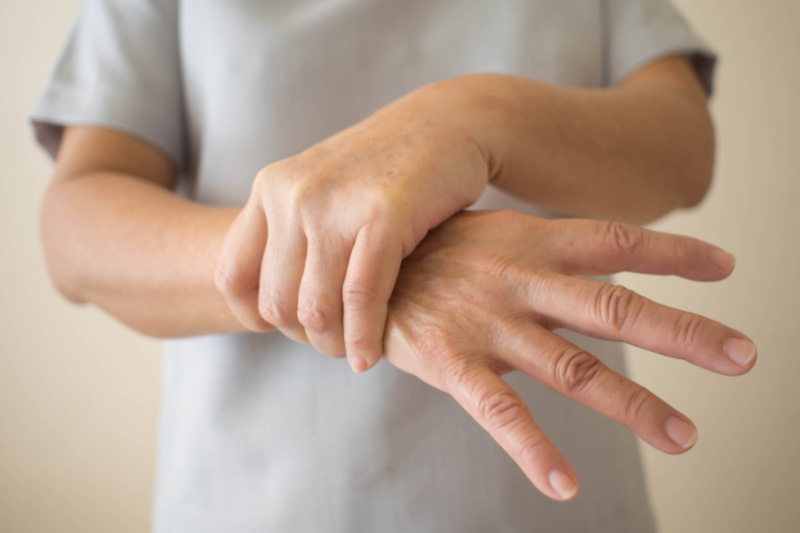Dr. Joon Faii Ong is one of the world’s foremost experts on Parkinson’s Disease and the associated hand tremors that can compromise the ability to carry out daily functions in many patients. He has conducted extensive research into how tremors are caused, and his latest invention may provide hope for Parkinson’s sufferers everywhere.
What Causes Hand Tremors?
Patients with Parkinson’s Disease (PD) often develop hand tremors that make performing everyday tasks difficult. While medication is available to reduce the tremors, there is no cure for this disruptive and occasionally embarrassing tremor.
These tremors are caused by a lack of dopamine in the brain, which interrupts how signals are transmitted from one side of the body to another. In PD, cells that produce dopamine die or become impaired over time, leading to an imbalance of chemicals. This causes a loss of coordination and control in parts of the body, including those responsible for fine motor skills such as writing and hand movement.
Brain cells responsible for transmitting signals from one region of the brain to another are impaired in Parkinson’s Disease patients, leading to tremors.
How Hand Tremors Affect Quality of Life
When a patient’s hand starts to shake, it can become difficult to complete everyday tasks. Patients may avoid going out in public or participating in social events for fear of noticing their tremors. Some patients even begin to withdraw from family members and close friends due to their embarrassment when their tremor interferes with time together.
Irritability, anxiety, and depression are also common among patients with Parkinson’s Disease. Reduced quality of life due to tremors can cause these symptoms to emerge or worsen.
How Can Tremors be Treated?
To date, most treatment options for Parkinson’s Disease-related tremors come in the form of medication such as L-DOPA, COMT inhibitors, and MAO-B inhibitors. While these medications can reduce tremors, they come with side effects that may be as debilitating as the tremors themselves. There is also no guarantee that medication will eliminate all tremors or improve the quality of life for patients who rely on it to live their daily lives.
Some forms of surgery can be used to treat Parkinson’s Disease tremors. Procedures range from thalamic deep brain stimulation, which targets the thalamus, a brain region responsible for transmitting signals from one part of the body to another, to lesioning, where areas of the brain that produce dopamine are destroyed. However, these surgical procedures, while effective, come with the risk of damaging other areas of the brain and cause patients to suffer from side effects such as memory loss or dementia.
How Can Tremors be Treated Without Medication?
A growing number of researchers believe that turning off tremor signals without the use of medication could one day become a viable option for treating tremors among Parkinson’s sufferers. However, while many researchers have tried to design a solution that targets neurons responsible for producing tremor signals, those efforts have been largely unsuccessful due to difficulties pinpointing those specific cells.
In the past, deep brain stimulation has been used to treat Parkinson’s Disease tremors. This surgical procedure targets cells in the thalamus, a brain region that transmits information from one part of the body to another. One drawback of this treatment is that it requires surgery and can cause side effects such as memory loss and dementia.
